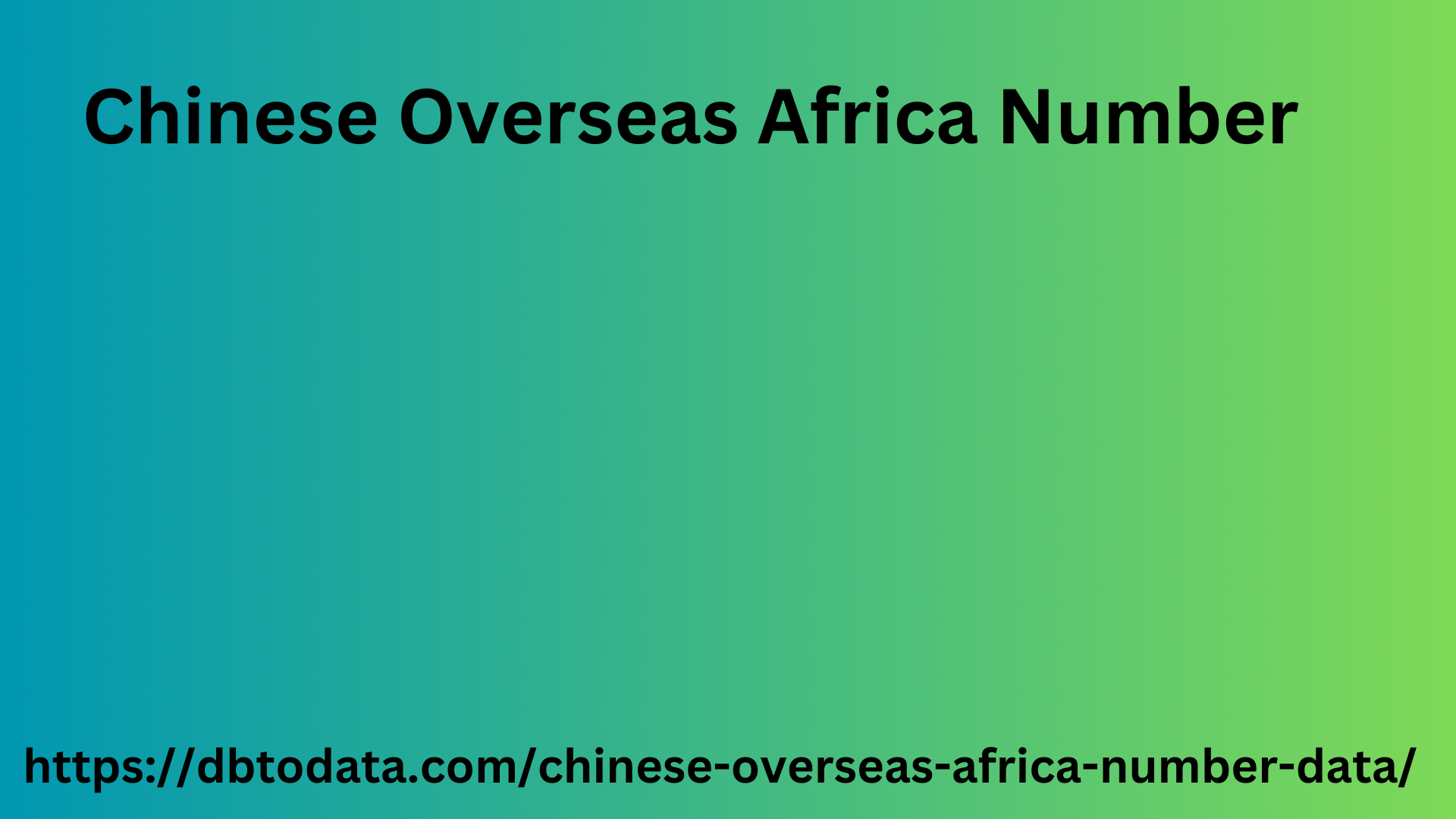- 註冊時間
- 2024-6-8
- 最後登錄
- 2024-6-8
- 閱讀權限
- 10
- 積分
- 5
- 精華
- 0
- 帖子
- 1

|
The abacus, an ancient counting device, has withstood the test of time, remaining a vital tool for enhancing cognitive skills and fostering mathematical understanding. Originating in Mesopotamia around 2300 BC, the abacus has been employed by numerous civilizations, including the Chinese, Greeks, and Romans, each adding unique modifications to suit their numerical systems. Today, the abacus is not only a historical artifact but also a valuable educational resource.
One of the primary benefits of using an abacus is its ability to develop mental calculation skills. Unlike electronic calculators, the abacus requires users to manipulate beads manually, which Chinese Overseas Africa Number enhances hand-eye coordination and fine motor skills. This tactile experience is particularly beneficial for young learners, helping them grasp fundamental mathematical concepts such as addition, subtraction, multiplication, and division through visual and physical interaction.

Moreover, the abacus serves as a bridge between concrete and abstract thinking. As users move beads to represent numbers, they begin to visualize arithmetic operations, fostering a deeper understanding of place value and numerical relationships. This visual and kinesthetic approach to learning mathematics can significantly improve memory and concentration, making it easier for students to tackle complex problems.
In addition to its educational benefits, the abacus has been found to enhance cognitive abilities beyond mathematics. Studies have shown that regular practice with an abacus can improve problem-solving skills, logical thinking, and even creativity. The brain’s stimulation from abacus training can lead to better overall cognitive function, benefiting individuals of all ages.
In our technology-driven world, the abacus offers a refreshing, hands-on approach to learning that complements digital tools. Educators and parents alike can harness the power of the abacus to provide a well-rounded educational experience, blending the best of ancient wisdom with modern pedagogical techniques. Embracing the abacus in today’s classrooms can unlock a world of potential, cultivating a generation of thinkers who are adept at both mental arithmetic and critical thinking.
|
|